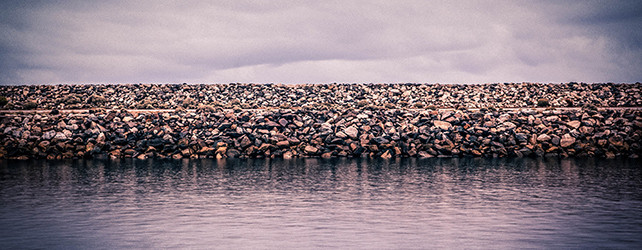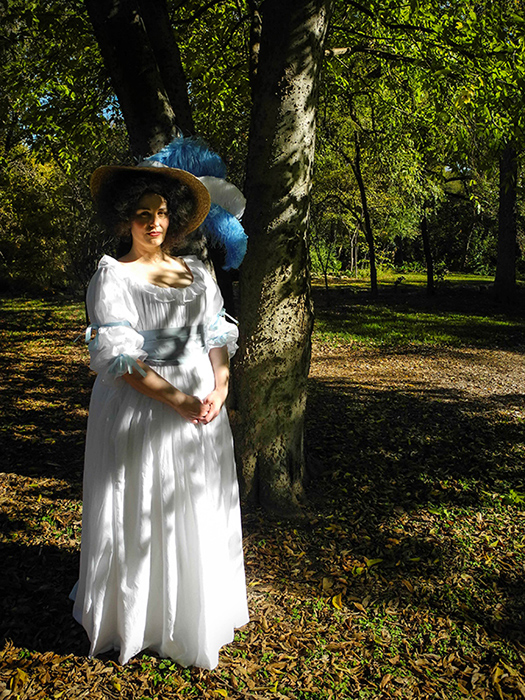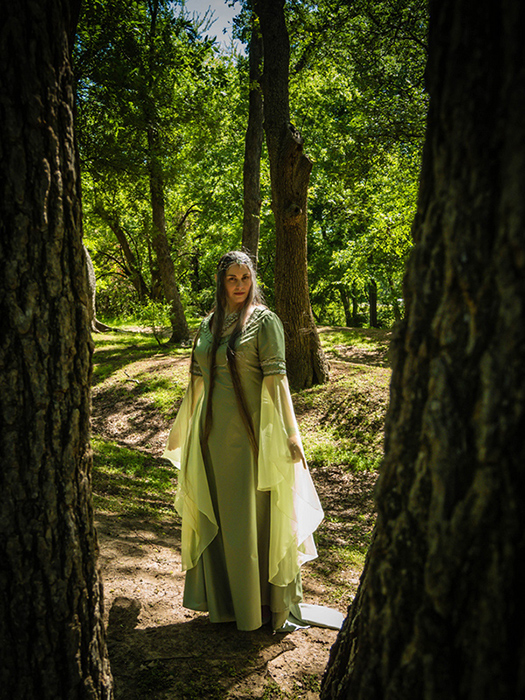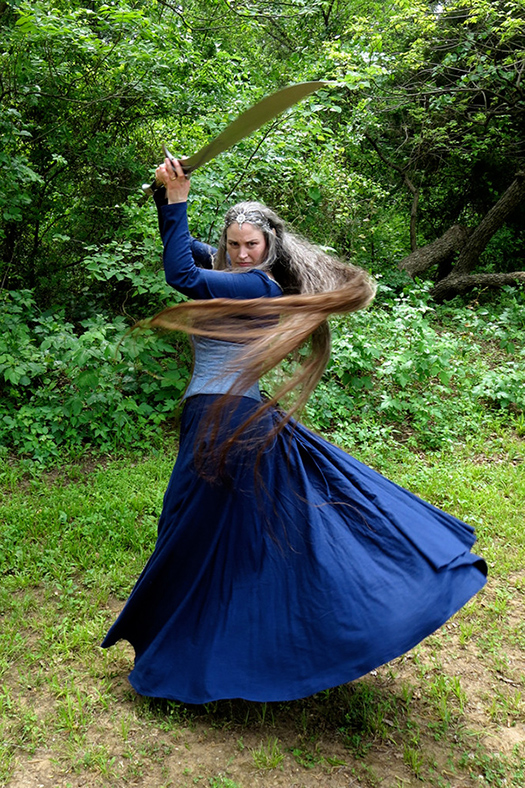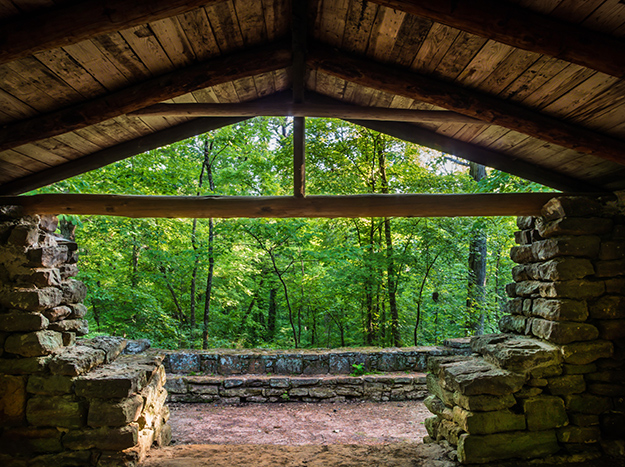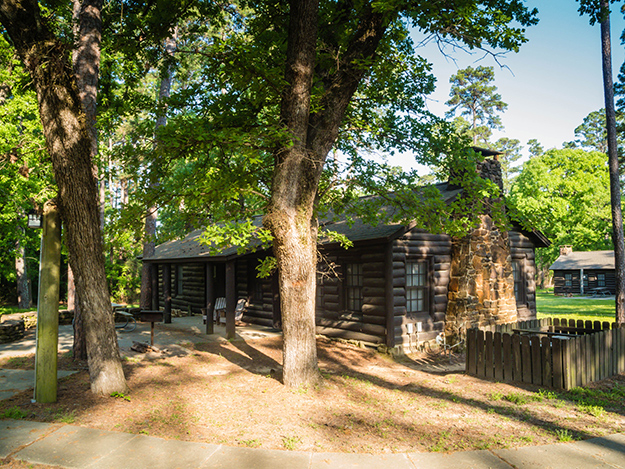My wife and I don’t have a lot of space to create the things we like to make. Living in a one-bedroom apartment means making something often involves moving things around and other inconveniences just to get started. (We do at least have a small study where I write and where my wife stores her art and sewing supplies.)
Moving things around is what it takes to get things done, and I respect that about my wife. (I have it much easier as a writer, although making videos requires a lot of setup.) We’ve made a lot of things we love in the almost 22 years we’ve been together, and looking back…I’m not sure we’ve ever lived somewhere with proper space to do all the things we do.
I Can’t, Until…
I see a lot of people say they can’t start doing something until…
- Until they get the right writing desk…
- Until they get the right podcasting gear…
- Until they get the right studio…
- Until they get the right computer…
- Until they get the right camera…
If I waited until things were just perfect to write, podcast, or do other things I enjoy doing, I’d still be waiting.
Making Due (With What’s Available)
I do look forward to a day when limitations aren’t such a big thing in the things we make, but I’ve sold travel articles with photos taken with an old Pentax K1000. My wife and I have pushed affordable computers beyond what they’re supposed to do
. A perfect office with a nice desk and view would be great, but I write in what’s a bit of a storage space with no outside view because that’s my reality.
I know a lot of people who do the same.
Why I Like This Photo
Friday evening, my wife took this photo:
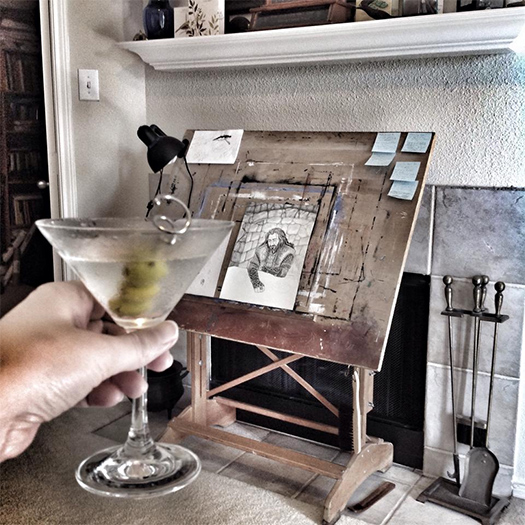
And yes, that’s a fireplace behind her table. It was used once last winter because my wife started doing art.
That’s her art space in the living room. In order to do her thing, she has to gather supplies from the study and move a storage footrest she uses as a seat. I like the photo because it’s like a celebration to creating in spite of limitations. While she would love a room of her own and a better desk (and other surfaces) on which to make art (and work on her sewing, which requires even more setup — not that she lets that stop her), she makes due with what she has.
So cheers to all those who don’t let limitations stop them from doing what they love doing. It may be a pain in the ass moving your living room around to do art, sew a historical costume, or work with cheap photography gear, but it beats the alternative of, “I can’t do this until…”
